Are Noise Canceling Headphones Putting Your Hearing At Risk? Audiologists Sound The Alarm
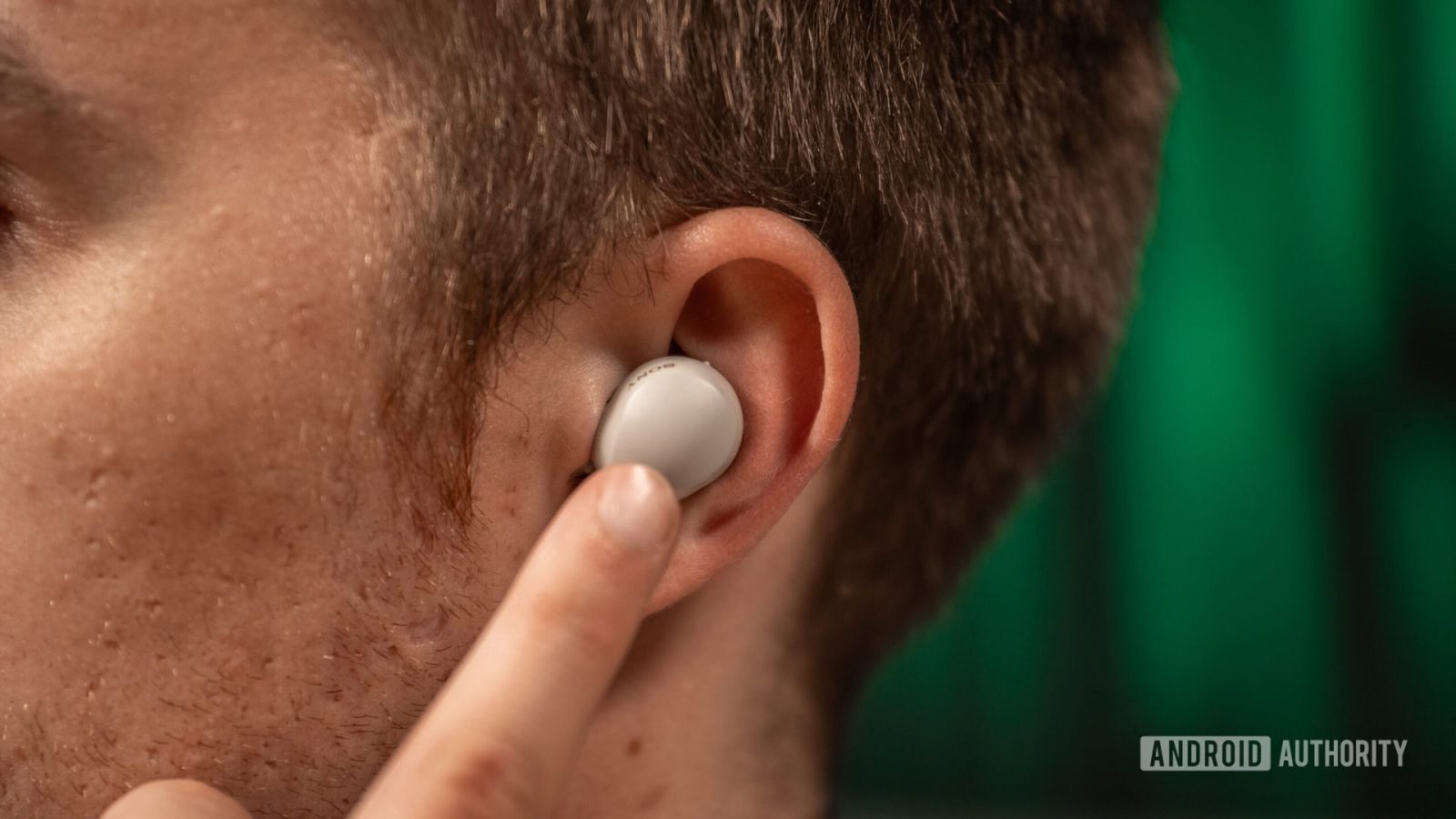
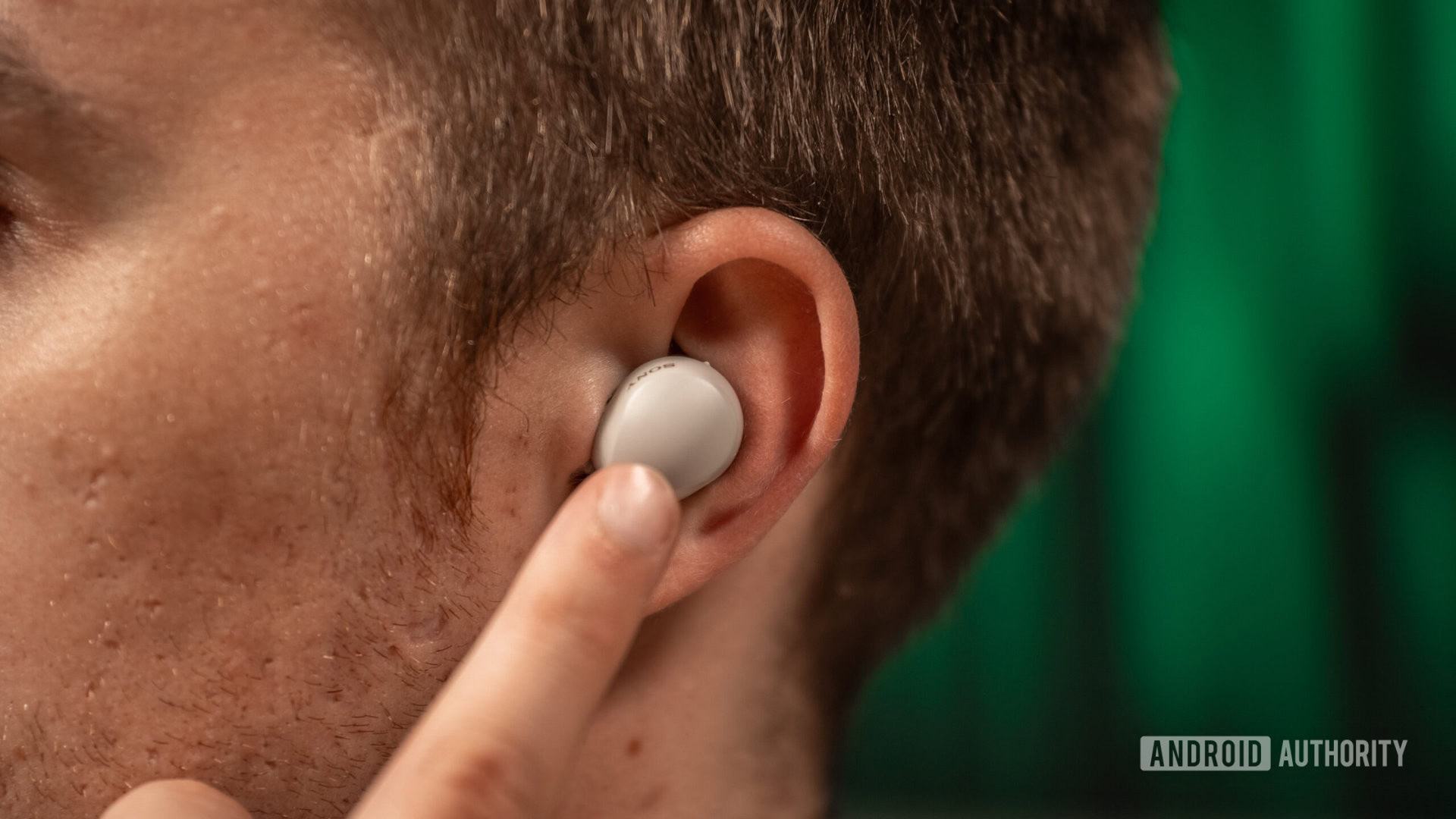
Harley Maranan / Android Authority
TL;DR
- Audiologists in the UK are concerned about the long-term effects of noise canceling headphones due to a rise in hearing issues.
- There has been an increase in cases of Auditory Processing Disorder (APD), a condition that affects the brain’s sound processing skills despite normal hearing levels, especially in those who regularly use noise canceling devices.
- Experts suggest that the use of noise canceling headphones could disrupt the brain’s natural development of auditory processing skills.
If you’ve been using noise canceling headphones or earbuds for extended periods and have noticed changes in your hearing, you are not alone. Audiologists in the UK are raising concerns about the potentially damaging effects of these devices on hearing, particularly among young people. The rise in hearing-related issues has prompted experts to call for more research into the long-term impact of noise canceling technology and devices.
A recent BBC report, which features discussions with patients and audiology professionals, highlights cases where individuals who frequently use noise canceling headphones have been diagnosed with Auditory Processing Disorder (APD). APD is a neurological condition that impairs the brain’s ability to process sounds despite normal hearing levels.
The surge in APD diagnoses is becoming particularly concerning among younger people, with five audiology departments of the UK’s healthcare system, NHS, reporting a notable increase in patients.
Curiously, many of these patients have normal hearing when tested. However, they struggle with processing auditory information. What is more puzzling for specialists is that APD is typically associated with neurodivergent individuals or those who have had brain injuries or ear infections during childhood. However, a growing number of cases are emerging in people outside these groups, sparking concerns that noise canceling headphones may be to blame.
The act of blocking out everyday sounds could disrupt the brain’s natural development of listening skills.
Audiologists suggest that the act of blocking out everyday sounds — a key feature of noise canceling devices — may disrupt the brain’s natural development of listening skills. By only allowing the wearer to hear what they choose, these headphones could potentially impair the brain’s ability to filter and process a wide range of sounds.
Claire Benton, Vice President of the British Academy of Audiology, explains that young people, particularly those still in their late teens, may face delays in developing higher-level auditory processing skills.
“You have almost created this false environment by wearing those headphones and only listening to what you want to listen to. You are not having to work at it,” she says.
As the use of noise canceling headphones becomes more widespread, it is imperative to understand the potential long-term effects these devices may have on auditory development. While further research is needed to fully understand the link between noise canceling technology and APD, experts emphasize that it is essential to hear a variety of sounds for healthy auditory processing. So the next time you find yourself wearing noise canceling headphones for a long duration, you should probably stop and take a break.
What’s your reaction?
Love0
Sad0
Happy0
Sleepy0
Angry0
Dead0
Wink0


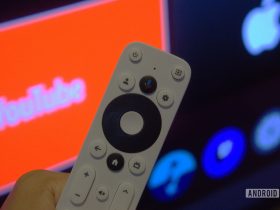
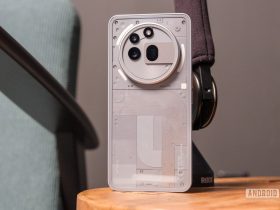

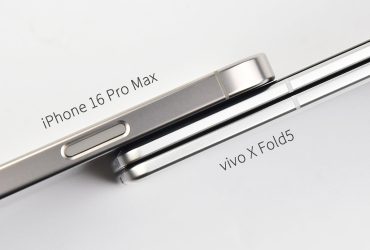
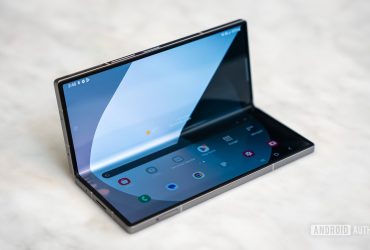
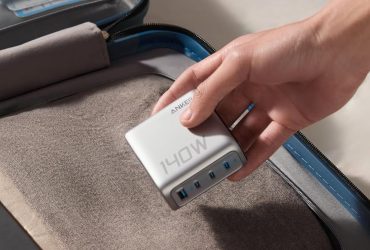
Leave a Reply
View Comments